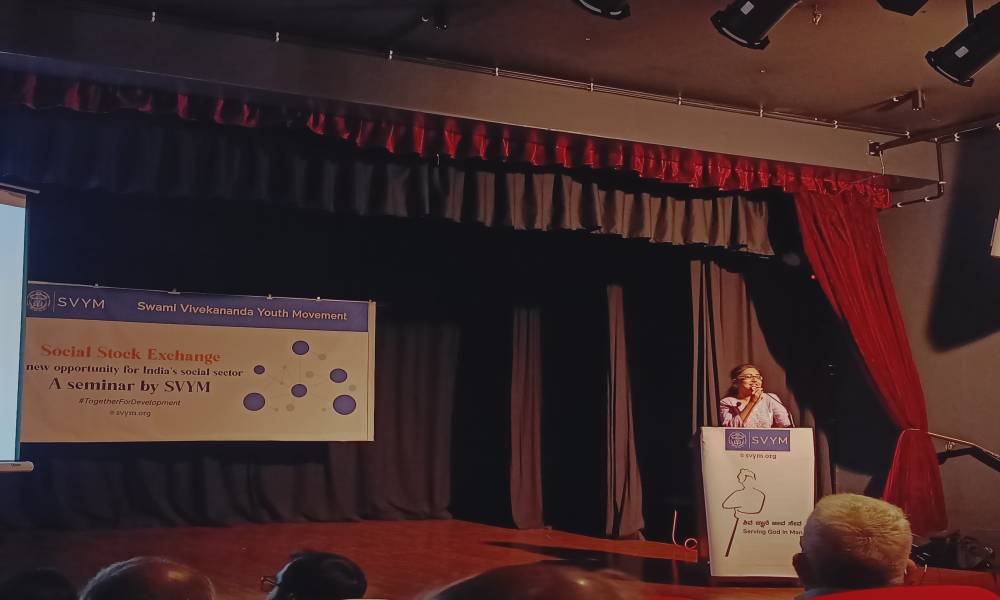The Social Stock Exchange for Non Profit Organisations requires a minimum funding of Rs 10 lakh and an annual spending on Rs 50 lakhs.
Non Profit Organizations (NPOs) will find it difficult to raise funds through the Social Stock Exchange (SSE) due to the lack of ease in investment and minimum subscription limit. Till date, ten NPOs in the country are registered under the Bombay Stock Exchange (BSE).
For an individual investor, the minimum amount to invest in the NPO is Rs. two lakh. NGOs say that this is a barrier for a small investor. Anand Chaturvedi from Avasar leadership and foundation; the first NGO to be listed nationally, said, “Rs. two lakh is a huge amount for any individual investor, this is something that should definitely be looked into.” He said, “If donors can collaborate with each other to come up with Rs. two lakh, as a co-operative, that might work too.”
The eligibility for a small NGO to be listed is also another problem as only NGOs that have raised a minimum of Rs. 10 lakh funds and have a minimum spending of Rs. 50 lakh can be enlisted. But officials say that NGOs can collaborate to be eligible to raise funds through SSE.
Hemant Gupta, who runs the SSE under the BSE (Bombay Stock Exchange) said, “There is a price to be on the stock exchange. The answer for smaller NGOs to be on the stock exchange is to collaborate with many other NGOs, for different projects.”
Non Profit Organizations, which are lower in value, need to collaborate with the other NGOs in order to be listed on the Social Stock Exchange (SSE).
Dr Balasubramaniam, the Chairman of the SSE committee of the Securities and Exchange Board of India (SEBI) said, “We, as NGOs are terrible at collaboration, but that is the only way forward for smaller NGOs that do not fit into the existing eligibility criteria.”
He added that after registering in February 2023, nothing much has changed for the company, but they hope that being listed on the SSE will help with the credibility of the NGO.
Any investor, who is investing in a ZCZP, is not eligible for an 80G as well. Section 80G of the Indian Income Tax Act allows a tax deduction for contributions to certain relief funds and charitable institutions.
Hemant Gupta added that right now, there was not much motivation for the investors, but they could invest for social profit, along with eventual returns.
Speaking about collaboration of NGOs, Chaturvedi said, “It is not easy for NGOs to collaborate. It is a very pragmatic concept and not at all very easy.”






